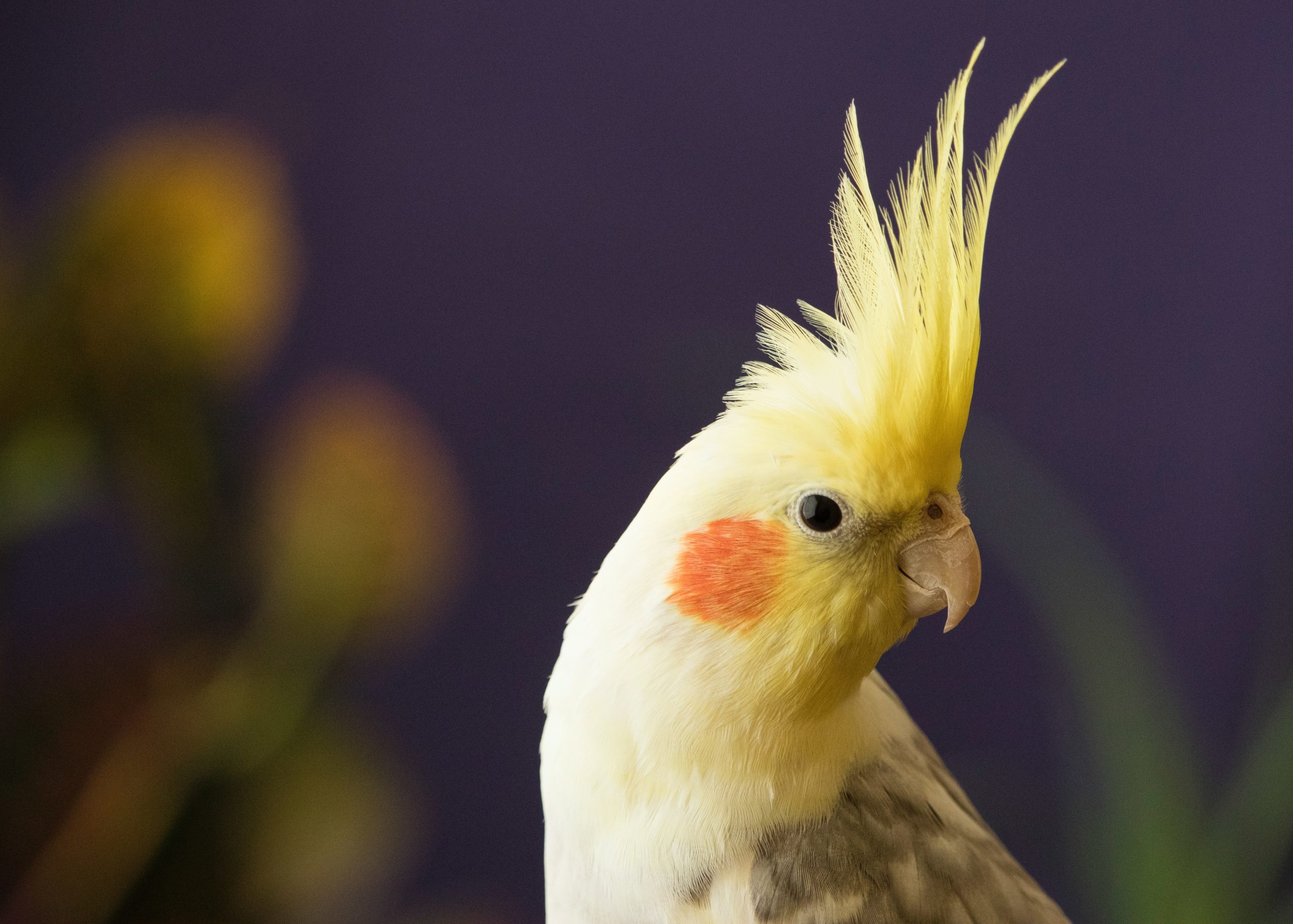By Alison Theresa Gibson

14:55
The seconds are too fast. My notes for the meeting sit on my desk, including a joke to prove I don’t consider myself too important. I’ll be small and contained, but vocal. You have to be vocal to be heard.
I spoke at a meeting before Christmas. Most of the committee were already on leave, and the little guy and I laughed at our words being included in the official minutes. In the almost two years since we both started, neither of us had said anything worth recording. He’ll be there today, gripping his fountain pen. It looks just like the one that the boss spins in his fingers while other people are speaking. I’ll concentrate on him so that I can speak. I should speak. I have so much to say.
****
‘How was the interview?’ Mum asked.
‘It was fine,’ I said. ‘I think they liked me.’
A pause, a pregnant pause, I think they’d call it, and she said, ‘They shouldn’t give you the job because they like you. Do you think you’re suitable for the role?’
‘Yes,’ I said. ‘That’s what I meant.’
You have no idea, I wanted to say. In your lab coat, elbowing your way through generations of male researchers to make room for yourself. Your difference was an honour.
These people don’t need to hire me. If there was a quota of thirty-percent women, they would just about reach it.
****
15:00
I chose my outfit carefully this morning, but their suits look like uniforms, and I look like the weird home-schooled kid in a room of fancy schoolboys.
The air-con chugs in the corner and I sit on my hands. Small talk bounds around me, and I smile, blinking at words not meant for me.
****
‘What are your colleagues like?’ Mum asked after my first day.
‘They’re more like managers than colleagues,’ I said.
‘Don’t put yourself down like that. Where’s your self-confidence?’ she said.
I’m stating a fact, I wanted to say. They are senior. I, and the women around me, are junior.
****
15:17
My item is last on the agenda. I drink my tea so that when the time comes my throat won’t rasp. It’s easy listening to them discussing other things, bigger things. The Big Important Things.
Maybe I relax too much, because when someone says something and I think it’s a joke, I laugh. They frown. I’ve reminded them I am here, listening.
****
‘Is this really what you want to do?’ Mum asked. ‘I’m sure I could make a call and get you a job in the lab.’
To make her stop, I pretended to be excited. All this money, generated by products the world could do without, needs to be counted!
‘Your grandfather loved maths,’ she said, ‘I could never see the point, but maybe you have his genes.’
For her, numbers only make sense on charts carrying weighty theories of life and death.
My numbers carry no such weight, which should make them easier to carry. Easier to speak about. This is not life and death, although it is my life.
****
15:33
It is my turn to speak soon, but the little guy isn’t here, gripping his fountain pen so he can note down the important things I’m saying, and there is no one else I can look at.
****
‘I’ve made a friend at work,’ I said to Mum.
‘Work isn’t for making friends,’ she said. ‘A career should be war, or you’re doing it wrong.’
****
15:46
It’s my turn, but my words aren’t the ones filling the space. They’re talking about my responsibilities, about improvements, about possible roadblocks, but they don’t ask me.
We already do that, I could say.
We’re not allowed to do that, I could say.
This is what I think we should do,I could say.
But they don’t ask, and I don’t interrupt. I shouldn’t need an invitation; my ideas are good, but I am silent. Their uniforms are a wall of seniority I can’t see over.
****
‘Decide which of their jobs you want,’ Mum said. ‘Focus on it, figure out how they do it, and then do it better. You’re an impressive person when you want to be. You can move up in no time.’
I don’t want to have to be impressive.
****
15:58
The goodbyes fall like weighted dominoes. My heart rattles against my chest, beating too hard, protesting my failure.
I breathe until it returns to its rhythm, until it accepts the flaws of its home.
****
‘You can always leave,’ Mum said. ‘If it’s not the job for you. Maybe you’re not cut out for—what is it you do again? Maybe you should be a teacher.’
A teacher, like so many other women in the family, the women she looks down on from a secret perch that no one else can see. It’s an important job, sure, but most of the men become principals and that’s not what she sees for me.
****
16:23
The seconds are too slow. I’m huddled at my desk, my meeting notes in front of me, waiting for five o’clock.
Maybe it’s better this way.
If only the little guy, who skipped the meeting because he couldn’t be bothered, wasn’t sitting at his desk across from me, eyeing my notes like they’re a guide to success, clicking his fountain pen over his empty notepad.
****
‘Remember, you have to do more than them,’ Mum said. ‘It’s not enough to be as good, you have to be better.’
What if I don’t want to be better? I could have asked, but she wouldn’t have an answer to that. It’s not a question she’s ever asked herself.
Instead, I put the kettle on to boil, and scoop tea leaves into the teapot she gave me for my last birthday, even though I like teabags. I only use the pot when she’s here, sitting at my kitchen table, talking at me about owning my place in the world. I listen to her in silence, and wonder what she has really been training me for all these years.

Alison Theresa Gibson grew up in Canberra, the illusive capital of Australia, and currently lives in Birmingham, UK. She has words in a number of publications, including Spelk, Litro, Crack the Spine, Meanjin, Sunlight Press, and Every Day Fiction. She was nominated for Best Small Fictions in 2021 and Best of the Net in 2019. She recently completed her MA in Creative Writing at University of Birmingham. Find her @byAlisonTheresa and at alisontheresa.com.
Why we chose this piece: We love how Alison uses a braided form to explore the complexities of feminism and mother-daughter relationships. She tackles the theme of feeling like you’re too much or too little quite powerfully. Also, she really knows how to handle a literary mic drop at the end of her scenes.





